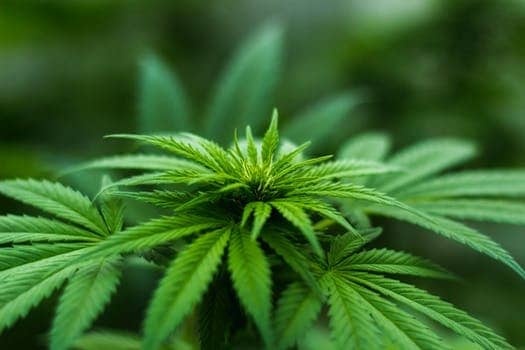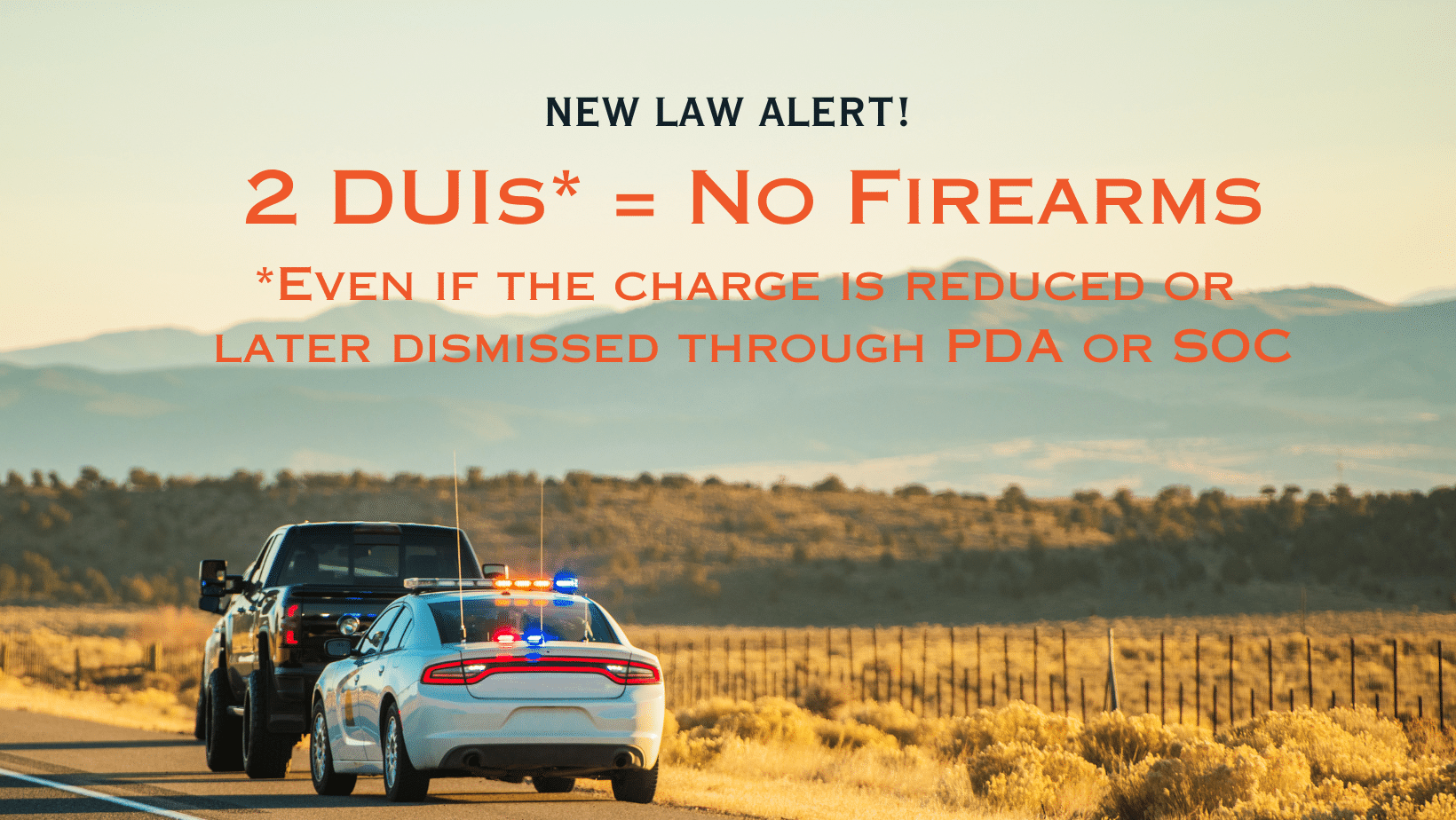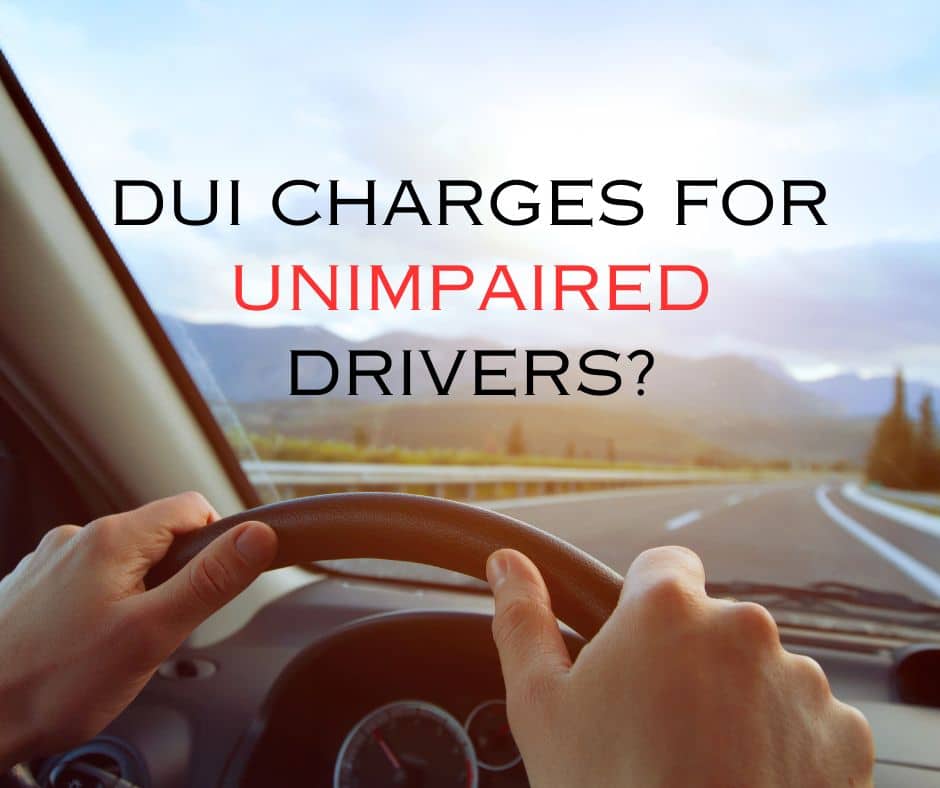Marijuana Charges
Marijuana is a tricky substance when it comes to the law. Most people in Washington State know that, after I-502 passed, recreational use became legal for adults over 21 years old. There were several restrictions placed on the legal use but, generally speaking, most Washington citizens believe there is wide latitude in the purchase and use of marijuana. While that is true, the devil is in the details—and there are a lot details.
For a free consultation call (360) 792-1000.

Where
First, where you use marijuana changes the jurisdiction of your case. We handle cases that arise in cities, counties, and on federal land. The prosecutors in these various courts handle marijuana cases differently. For example, prosecutors all over the state will use the per se marijuana DUI standard (THC concentration of 5 ng/ml) when analyzing the elements of that criminal charge but that doesn’t mean they will pursue the same punishment. If your blood test is well over the per se limit, a prosecutor in Kitsap County may not agree to a Pre-Trial Diversion Agreement but a federal prosecutor may consider it.
Possession of marijuana in a National Park will invoke different consequences than if you are possessing marijuana at home. Similarly, if you cross the street to your neighborhood school and consume marijuana on school grounds, you can expect to be treated differently than if you smoked in your living room.
If you cross the Washington State border into Oregon with marijuana in your car, you have committed a federal crime. While you can possess marijuana in Washington and Oregon, you are not permitted to transport marijuana across state lines.
If you are going to trial for federal charges, you may not mention your authorization to use medical marijuana as a defense. If you are authorized to grow plants in a non-commercial cooperative under Washington law, that information would also be inadmissible in a federal case.
So, as you can see, marijuana charges, consequences, and trial strategy will all vary depending on where you are charged. While current federal memos and procedures are intended to assure recreational and medical users they will not face federal prosecution, there are no guarantees. The biggest risk for prosecution is for those individuals who choose to grow or distribute without following the law. However, uninformed users are also at risk for prosecution. They may believe their use falls within Washington legal guidelines but they are actually engaging in behavior that could be prosecuted—including driving with THC concentrations higher than permitted by statute.
Finally, if you use or possess marijuana on federal land or federally controlled property such as Forest Service Land, Park Service, Postal property, Veterans Administration, or any federal buildings including on military property, you can be prosecuted under federal regulations and under Title 21 of the United States Code Controlled Substances Act. State laws and attitudes toward marijuana use do not have any bearing on federal prosecutions. Basically, if you are going to be on or crossing through any federal land or building, do not carry marijuana on you or in your vehicle.
When
Second, when you use marijuana can have a big impact on the outcome of your case.
If you use marijuana everyday but not within 5 or 6 hours of driving, you may still violate RCW 46.61.502 as your blood may contain THC concentrations over 5 ng/ml. Regular users may have higher concentrations of THC in their blood.
The blood test will not decipher when you last used marijuana nor provide a measure of psychoactive impairment—and it doesn’t have to. If your test establishes a blood concentration higher than 5 ng/ml of blood, you have violated the DUI statute.
There may still be legal challenges to make regarding the blood draw. There is a specific protocol that must be followed when the blood sample is taken and the sample must be handled in a certain manner. Once your defense attorney has the reports, an analysis can be done to determine if there are any legal challenges regarding your blood sample.
Why
While recreational use of marijuana is allowed by adults over 21 years old, medical marijuana use is also allowed in unique circumstances for people under 21 years of age. There are lengthy requirements and a tremendous number of limitations in that use if you are under 21. Furthermore, regardless of age, anyone using marijuana for medical reasons documented by the recommendation of a qualified provider is still required to follow the law under RCW 46.61.502 and refrain from operating a vehicle if their THC concentrations would be 5 ng/ml or higher. There is no medical marijuana defense to driving impaired.
How
Whether you smoke or consume edibles, how you consume marijuana will impact all human’s differently. Daily use will likely impact your blood draw even if you were not consuming marijuana hours before you drove. In at least one state, there are saliva tests available that will indicate psychoactive metabolites present at the time of your stop. Unfortunately, in Washington, law enforcement is not using that technology. If you are released or bail out within hours of your stop, we are aware of a Kitsap County treatment provider who has saliva tests that will provide a more accurate measurement of recent use. You must be tested within 12 hours of the stop.
For those people who consume edibles, it is important to know the amount of THC in each product. Edibles can produce a higher level of THC for a longer period of time.
In rare cases, CBD oils can also put you at risk. Most research will tell you that CBD oils will not produce a positive blood test. While generally true, there are transdermal patches that will cause THC to enter the blood stream. Additionally, CBD oils will usually advertise high CBD and low THC but there is no standard definition for these products and subjects have tested positive for the metabolite carboxy-THC on urine tests. Additionally, some CBD oils are sold at very high levels and, when combined with even a small amount of marijuana use, higher than expected THC levels can occur. Therefore, your combination of use (CBD oils, Hemp oils, edibles, smoking) might put you at risk for a blood draw that violates the DUI statute.
“But I wasn’t impaired!” Defense
There is NO defense of “I know my limit and I know I wasn’t impaired.” This is not a defense to alcohol-related DUIs (and makes the Prosecutor think you are in denial of your alcohol abuse) and, currently, it does not work for marijuana-related DUIs. While the science is clear that there is no “one size” standard for measuring impairment by marijuana, the laws have set the standard as THC concentrations of 5 nanograms per milliliter of blood or higher. Until science can catch up and measure the psychoactive forms of THC during your stop, the state can meet its burden using the per se standard. That does not mean there aren’t other potential defenses. Those legal defenses must be analyzed by an experienced criminal defense lawyer on a case by case basis.
Sharing is caring—but not with marijuana
Sharing can quickly become distributing. Definitely do not sell any of your marijuana. In Washington, all marijuana is sold in a licensed facility. It might not seem like a big deal to give or sell weed to your friend, drug laws do not necessarily follow common sense. The fact that marijuana is a Schedule I drug (along with heroin) and is considered more dangerous (higher risk for abuse and no medical benefit) than cocaine or methamphetamines, tells you that there is work to be done on drug reform. If you want to use marijuana, it is best to be very informed on the law and how to avoid criminal charges.
In the meantime, become informed so you are not a statistic in drug enforcement efforts.
If you are being investigated or concerned that your drug use could pose a legal problem, feel free to contact our office for a consultation.
If you found this article interesting, CLICK HERE to view more similar articles on our Blog.
Criminal Defense Posts
Gun Rights Restriction Due To DUI

A new 2023 law could make you guilty of the crime of unlawful possession of a firearm in the second degree if you have custody, control, or possession of a firearm after you have two DUIs on your record within 7 years. The shocker for many will likely be the fact that even a dismissal or reduction…
DUI Charges For Unimpaired Drivers?

During holidays with extra DUI patrols, we try to warn people about the risk of facing a DUI criminal charge despite a lack of impaired driving. Since there are more emphasis patrols by law enforcement during the Fourth of July holiday, the odds are greater that some folks will learn this the hard way this…

Get help now
Whether you choose to handle your case alone or you hire the Witt Law Group, get educated and prepared. There are so many factors that occur in the early part of your case that can dictate whether you will end up with a fair recovery. Remember that a consultation is free and worth your time. You will likely discover that the earlier you get an attorney involved in the process, the easier the transition back to normal life. Your attorney will take over all contact with the insurance adjuster and keep track of your treatment providers and bills. Your job is to heal. Our job is to present your injuries and damages to the insurance companies and argue for a fair settlement that accurately reflects the pain and damages you’ve suffered.

